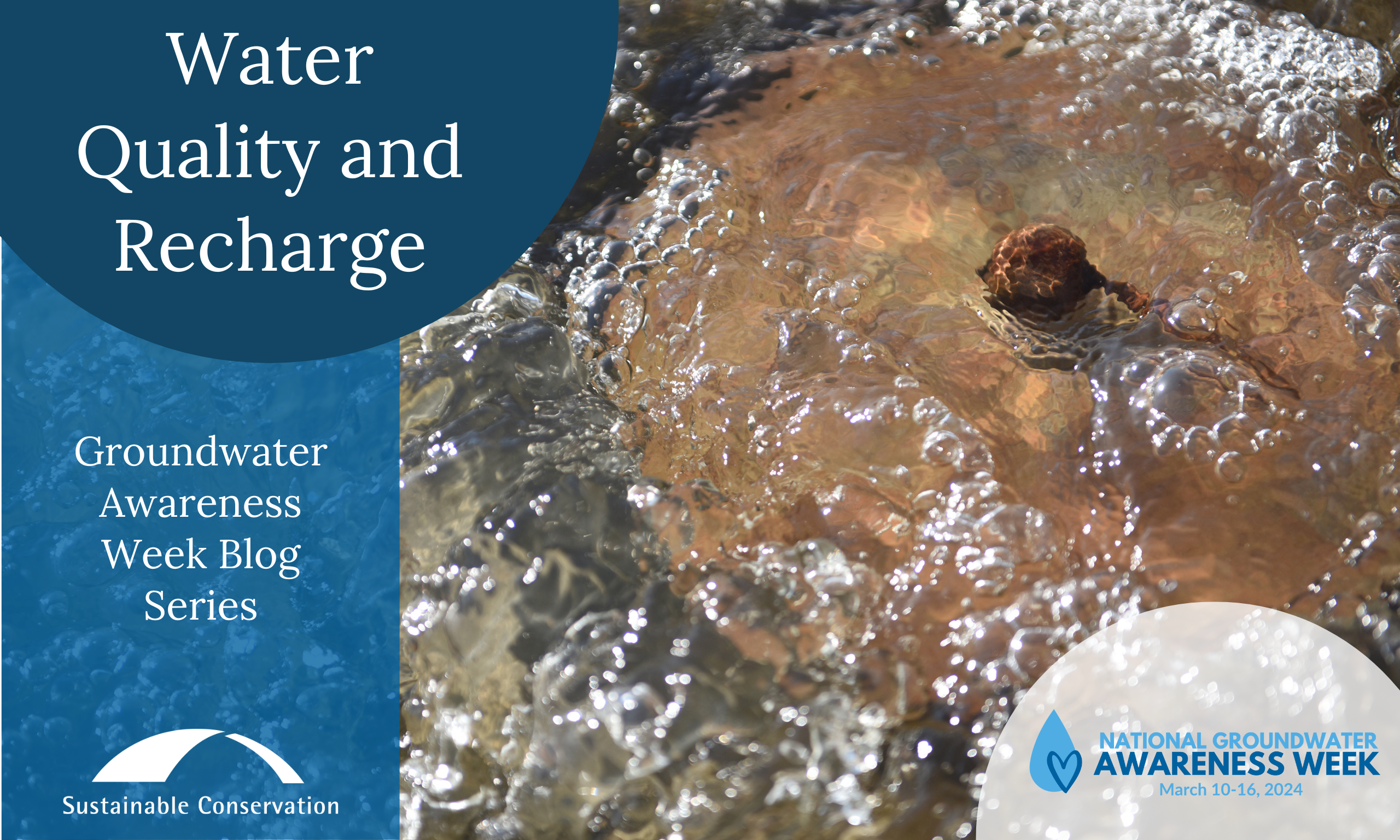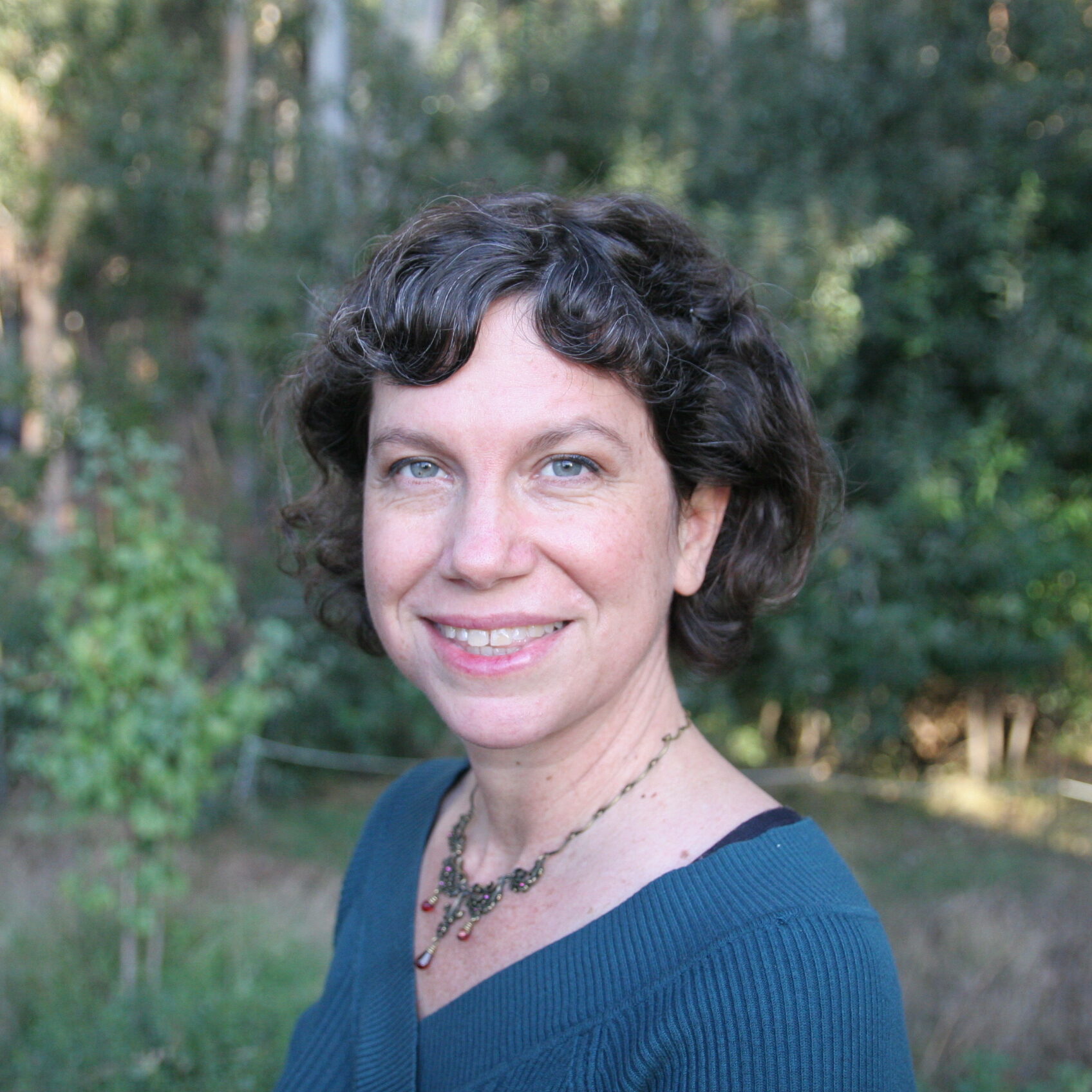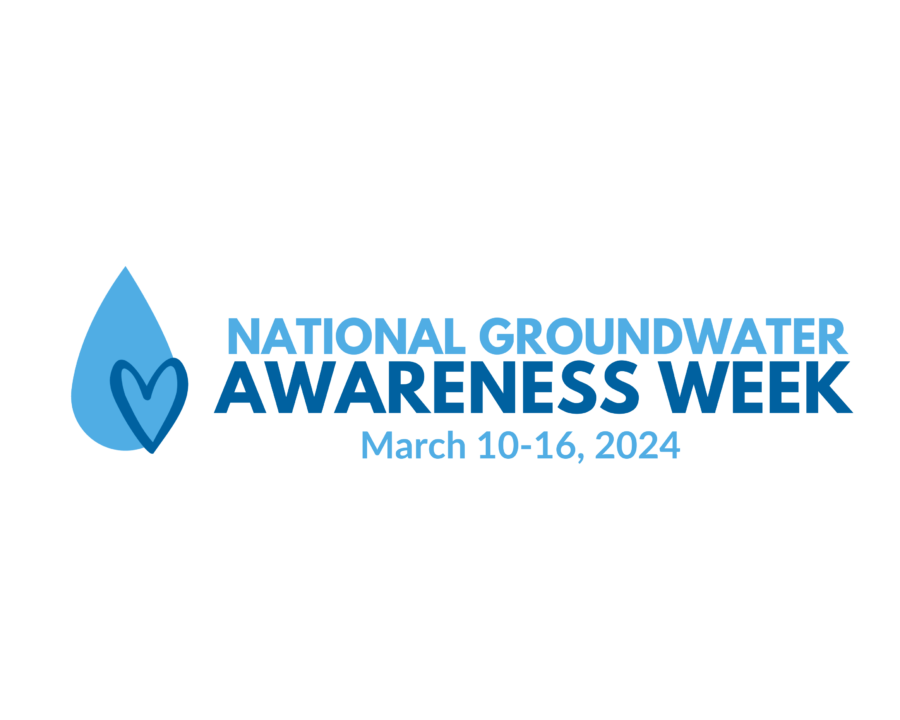
Flood-Managed Aquifer Recharge (Flood-MAR) is an important strategy to help replenish depleted aquifers and build climate resilience. By using clean floodwater for recharge, we can potentially improve groundwater supply and quality. However, there are prevailing concerns that Flood-MAR could negatively impact water quality, because as water moves down through the soil it can pick up and transport certain contaminants.
As a major proponent of Flood-MAR, Sustainable Conservation takes these concerns seriously. To continue our work to help growers and communities recharge with water quality top of mind, we are now working with the Department of Water Resources and other partners from the Flood-MAR Network to quantify the positive and negative water quality effects of recharge, and develop a framework for a decision support tool for water managers.
Find our on-farm recharge water quality brief here:
Our goals in 2024-2025 include:
– Evaluating water quality trends from Flood-MAR that occurred in the banner water year of 2023 (and potentially 2024). Part of this work includes identifying data gaps in monitoring networks and making recommendations for increased monitoring to protect domestic water supplies.
– Convening a technical advisory committee (TAC) to tackle how to quantitatively evaluate recharge’s effects on groundwater quality. The TAC will develop recommendations for creating a support tool to inform recharge locations to protect or improve groundwater quality.
– Based on the recommendations from the TAC, working with partners to develop recharge water quality risk decision support products.

How You Can Help
Sustainable Conservation works closely with the Flood-MAR Network, a vibrant collaboration among many individuals and organizations interested in promoting sustainable water management in California. This includes state, federal, tribal, regional, and local entities; nonprofits and community-based organizations; university and private researchers; private landowners; and other stakeholders.
This year, the Network is focusing on deepening and accelerating the work of the Action Teams. Go to floodmar.org to learn more!
Flood-MAR Action Teams:
– Estimating Recharge – seeks to identify best approaches for the practical estimation of recharge.
– Incentives for Recharge – expands information-sharing regarding existing and previous incentives programs and generates ideas for new incentives or strategies.
– Water Quality Monitoring – identifies considerations for managing or mitigating contaminants under flooded conditions, and compiles data to support agencies in developing best practices, guidance, and models for Flood-MAR.
– Instream Flows – considers how to balance water used for recharge and instream ecological needs during Flood-MAR project operations.
– Assessing Policy – explores ways to further leverage opportunities and/or address barriers to effective State support and coordination.
– Flood-MAR Hub – works on the floodmar.org website
For more information and materials on groundwater, visit the NGWA website, and stay tuned for the upcoming installments of our Groundwater Week Blog Series!
Authored by:



